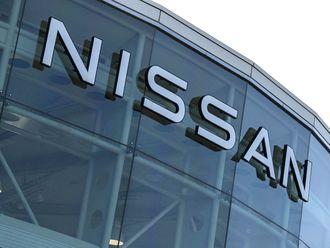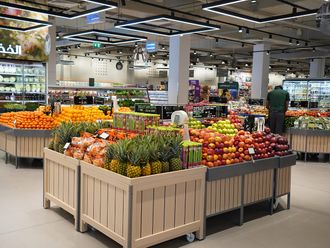Dubai: Uber Technologies is in talks again to buy its Dubai-based rival Careem for between $2 billion and $2.5 billion (Dh7.3 billion and Dh9.1 billion), according to Bloomberg, who is quoting people familiar with the matter.
When contacted by Gulf News, a Careem spokesperson refused to comment on the report.
Speaking to Gulf News last month, Bassel Al Nahlaoui, managing director for UAE and GCC at Careem, quashed rumours about the merger talks.
“It was just a rumour and we still believe we are just getting started across the region. The focus is growth in existing and new markets,” he said.
Himanshu Pal, principal consultant at Kantar Consulting, said that the news relating to the potential merger between Uber and Careem isn’t entirely unexpected considering the wave of merger and acquisition activity the sector has seen in the last couple of years, including Uber divesting stakes in several markets in Southeast Asia, Russia, and China.
“While confirmation and details around the proposed deal are still unavailable, the key is to understand the underlying factors driving the sector and where it’s headed in the next 3-5 years. We believe that the deal could be influenced by two key factors — changing consumer needs, and commercial and operational compulsions,” he said.
Al Nahlaoui said that Careem is still focused on growing the platform, adding new cities and building new products. There have been reports that the start-up has held talks with investment banks about an IPO in January and the share sale will start in 2019.
Al Nahlaoui said an IPO is in the pipeline but could take years.
“The need isn’t today for sure and we will explore when the need comes but IPO is a natural milestone for us to grow,” he said.
“We are not looking at it [IPO] now. It will take more time than next year. It really depends on the needs. At one point, we wanted to go to the public market but it is not clear when it will happen. It is definite that we are not thinking about it [IPO] today,” he added.
Bloomberg said that negotiations are ongoing and Careem’s management is working to convince the firm’s shareholders of the merits of a deal and added that no final decisions have been made and the companies may decide against the transaction.
Pal said the biggest driver of change is evolving ‘consumerism’, which has seen an increased preference for renting verses owning especially amongst the digitally dependent youth.
With roughly 50 per cent of Mena population under the age of 30, he said that it’s no surprise that the on-demand rental economy is booming with consumers willing to rent not only cabs but also fashion products and accessories.
Secondly, he said that consumers are looking to simplify choices and prefer a single vendor/app/platform that can serve various needs rather than having multiple vendors.
Irrespective of whether the proposed deal goes through or not, he said the two companies or the merged entity will have their work cut out.
“We believe they will have to refocus on — consistently over-delivering on customer experience; greater personalisation will be of paramount importance as consumers increasingly seek tailored value and experience; continue diversifying operations beyond ride-hailing to include new services [food delivery, courier services, etc] to drive greater traffic and efficiencies [better utilisation of fleet],” he said.












